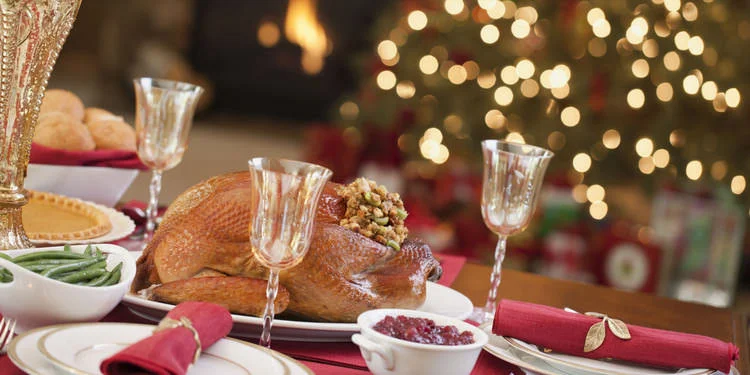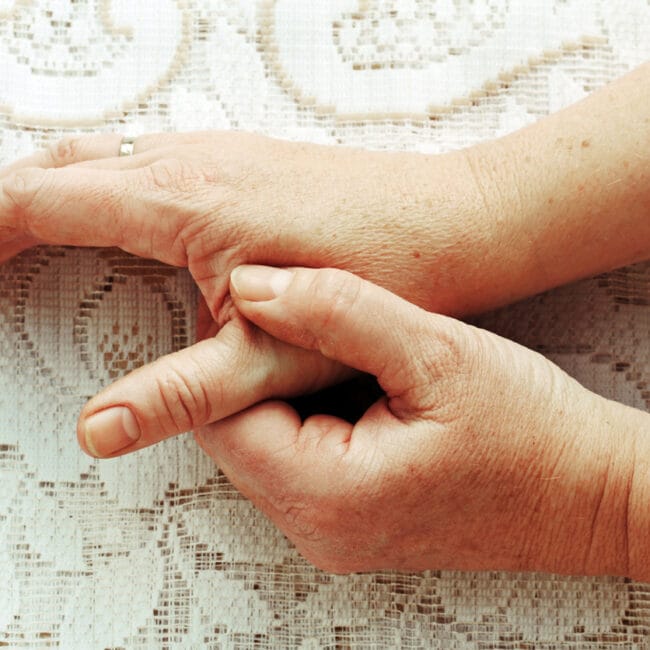The Christmas period is a very unique time of year, not just because we’re surrounded by festive cheer and dazzling decorations, but also because it changes pretty much all aspects of our lives. Our normal clothes are replaced by glitzy accessories and festive jumpers. The prevalence of exercise and outdoor activities quickly diminishes as we try to minimise our exposure to the unpredictable weather. Yet we socialise more, typically at events that revolve around food and drink. And of course, any semblance of a balanced diet quickly goes out the window.
Some people view the concept of “holiday pounds” as part and parcel of the Christmas package. After all, for many of us it is a season to indulge ourselves and to be spoilt. But we all know that putting on weight is a lot easier than taking it off, so it would benefit us all to be a little more conscious of what we eat, and how much exercise we are getting. Here are a few tips to help keep the holiday weight away and avoid the necessity of unrealistic New Year’s resolutions.
Be Aware of What You’re Eating
Unless you’re baking yourself, there are very few Christmas foods that are low in fat. From turkey and potatoes drowned in gravy to biscuits made of sugar (and then coated in sugar!), it’s no wonder people put on weight around this time of year. If you are cooking for yourself, make cuts wherever you can. Use olive oil or 1 cal spray instead of cooking with butter. Bake your desserts with low-fat milk, butter etc. Try to cut down on your overall cheese and butter intake, and switch to the low-fat stuff when you can.
If you’re buying food, have a look at the back and see how many calories are in the product. The recommended daily intake for a healthy adult male is 2,500 calories a day, and 2,000 for women. Looking at the packaging will help you get an idea of just how much you’re really eating.
Don’t “Save Room”
We all know what it’s like knowing there’s a big party on later in the day, and that there’s going to be food there. We don’t want to spoil our appetites and miss out on the free treats, so we eat light or skip meals altogether. This is a surefire way to put on weight, and so should be avoided. Most Christmas foods are made with bread, sugar, butter, and other fatty ingredients, so it would be best to eat something filling but low-fat beforehand. That’s not to say you cant enjoy a few mince pies, but you don’t have to eat ten of them to enjoy them.
Adjust Your Normal Diet
If you’re going to be stocking up on pudding and mince pies over the next few weeks, that’s understandable. But simply enjoying these foods in moderation is not enough to avoid putting on weight. You’ll have to be more strict with yourself than usual to allow room for your extra indulgences. This could be changing what you have for breakfast or lunch, cutting out snacks between meals, and not eating a lot before bed.
Use a Pedometer App
You probably have a smartphone, and you probably keep it on you all the time, so there’s no reason not to have a pedometer app on it. There are a huge amount of these apps out there that you can use, and you’ll quickly realise how active or lazy you are being each day. It’s a great way to put things in perspective and is also a great motivator to move about.
Indoor Exercises
Even if you don’t normally work out, you’ll probably be less active in winter than you would be throughout the rest of the year. Instead of walking to the shops, or playing sports outside, more and more people will opt to drive or sit in at home. This might not affect people who visit the gym or play indoor sports, but for the rest of us, these small things really add up. Of course there are plenty of ways to work out at home, but in terms of keeping weight off, skipping is a great choice. It uses most of the muscles in the body at once, burns between 400 and 1,000 calories an hour, and it can be done in front of the TV.











